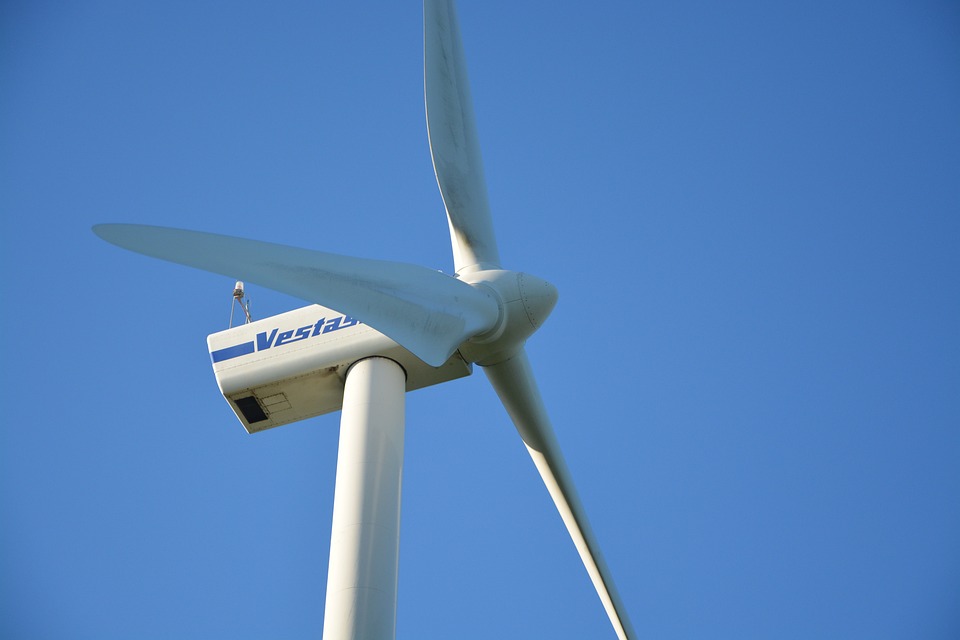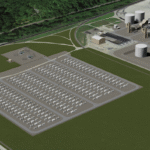Unlocking the Future of Energy: A Guide to Power Engineering Careers
What is Power Engineering?
Power engineering is a dynamic field that deals with the designing, building, testing, and maintaining of systems, equipment, and devices related to the generation, transmission, and distribution of energy. Power engineers play a crucial role in ensuring a reliable and efficient energy supply, which is essential for modern society.
•
- Power generation: Design and operation of power plants that generate electricity from fossil fuels, nuclear reactions, hydroelectric power, or alternative sources.
- Power transmission and distribution: Design and maintenance of high-voltage transmission systems and distribution networks.
- Energy management: Development of smart grids and energy storage systems that optimize energy consumption and renewable energy integration.
- Power systems simulation and analysis: Development and application of computer-based software tools to analyze and improve power system performance.
Power Engineering Career Paths
While power engineering is a challenging and rewarding field, not all career paths require extensive education or experience. With the right skills and background, you can build a successful career in power engineering.
Professional roles in power engineering:
•
- Consultant: Provide expertise in power engineering to companies or governments, helping to analyze and solve energy-related issues.
- Error analyst: Identify and address issues in power generation and transmission systems, ensuring their reliability and efficiency.
- Research scientist: Conduct research on alternative energy sources, energy-efficient technologies, and new renewable energy systems.
- Design engineer: Design and develop energy-generation systems, transmission infrastructure, and energy storage facilities.
- Utility engineer: Work with transmission and distribution companies to build and maintain power grid networks.
- Battery engineer: Develop energy storage systems for use in electric vehicles, buildings, and renewable energy applications.
Education and Skills for a Successful Power Engineering Career
To succeed as a power engineer, it’s essential to have both formal education and specialized training. Here are the critical skills and qualifications needed in the field:
Education:
•
- Bachelor’s degree in electrical engineering, computer engineering, or a related field.
- Master’s or PhD degree for advanced roles like research scientist or consultant.
Key skills:
•
- Solid understanding of electrical principles, circuit analysis, and power systems.
- Proficiency with computer-aided design (CAD) software, programming languages (e.g., Python, MATLAB, C++), and electronic design automation (EDA) tools.
- Knowledge of electrical network analysis, transmission lines, and power system operations and control.
- Understanding of power industry standards, regulations, and safety protocols.
- Effective communication skills, both written and spoken, for collaboration with colleagues, contractors, and clients.
Advantages of a Power Engineering Career
A career in power engineering offers numerous benefits. Here are some of the most significant advantages:
Job stability:
• In the energy sector, new technologies and innovations continually emerging, ensuring a constant supply of job opportunities.
Competitive pay:
• Power engineers are in demand, and their salaries reflects their expertise and responsibility.
Flexibility:
• Power engineers can work with various companies, in private or public sectors, around the world, providing for a diverse range of potential employers and locations.
Challenges and Employment Outlook
While power engineering offers rewarding career opportunities, there are also challenges and trends influencing the field.
Challenges:
•
- Increasing demands from renewable energy sources, aging infrastructure, and shifting technologies.
- Demand for highly skilled technicians and engineers with advanced specialized training.
Employment outlook:
• According to the Bureau of Labor Statistics (BLS), jobs for electrical engineers (inclusive of power engineers) in the United States will continue to grow 8 percent from 2020-2030, much faster than the average for all professions.
• The growth driven by the increasing focus on renewable energy, grid efficiency, and energy storage to meet the demands for an environmentally sustainable energy sector.
Unlocking the Future of Power Engineering
Power engineering is an fascinating and rewarding field with far-reaching implications for modern energy systems. As technology continuously evolves, the need for skilled power engineers has grown, and will continue to grow, in response.
FAQs about Power Engineering Careers
Q: What makes a good power engineer candidate?
A: Strong computer skills, excellent analytical reasoning, and a keen awareness of electrical principles.
Q: Can I join the power engineering industry directly after completing my education, or do I need specific experience?
A: Starting as an entry-level role is possible, but in-demand skills and specialized education can significantly improve your odds of securing a power engineer position.
Q: In what areas of the country are power engineering job postings most common?
A: Major hubs for power engineers include cities with a dense energy infrastructure, such as New York City, Texas, and California, however, opportunities can arise nearly anywhere with an established industrial or commercial sector.
Q: What kind of personal qualities are necessary to have a successful power engineering career?
A: Strong problem-solving, decision-making, and analytical reasoning skills, combined with open communication, teamwork, adaptability, and creativity ensure success in the ever-shifting power engineering landscape!



.png?w=150&resize=150,150&ssl=1)
.png?w=150&resize=150,150&ssl=1)


